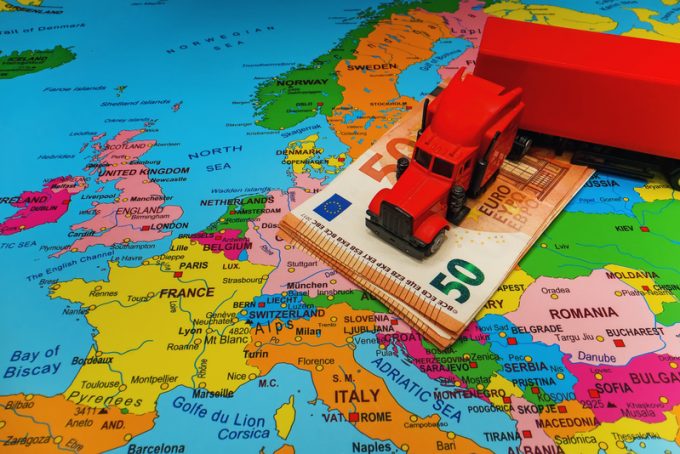Trump or Harris: who will be better for revision of US trade deal with Mexico?
North American supply chain stakeholders near-shoring to Mexico have increased opportunities for the region’s trucking ...

The road industry has kicked back against the EC’s new carbon tax on hauliers from 2027, many claiming it is “too soon”, given the absence of refuelling and charging infrastructure.
Acknowledging that 2027 was “something of a compromise” given that Schedule 2 of the EU Emissions ...

Comment on this article